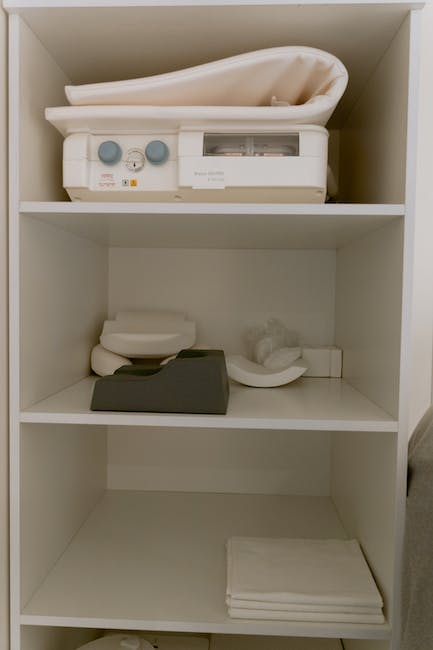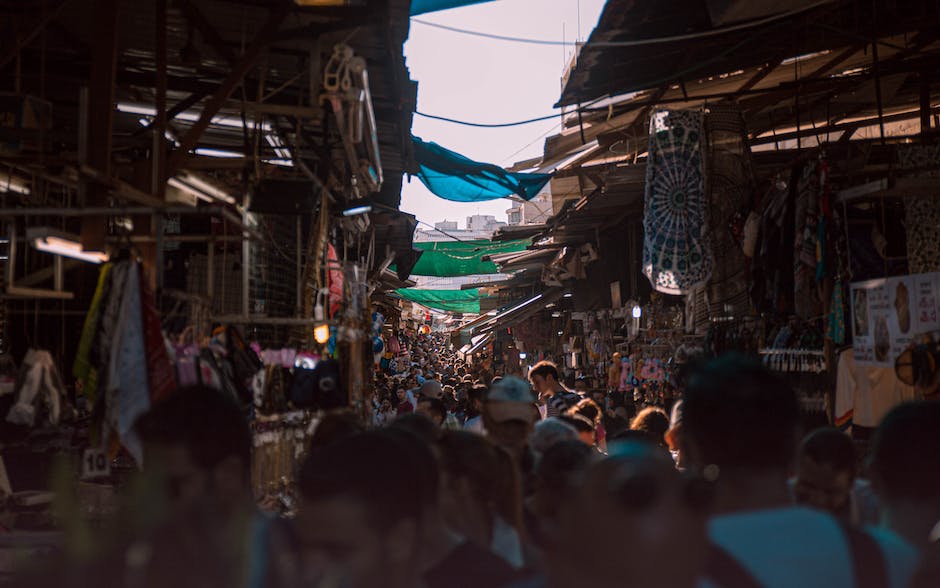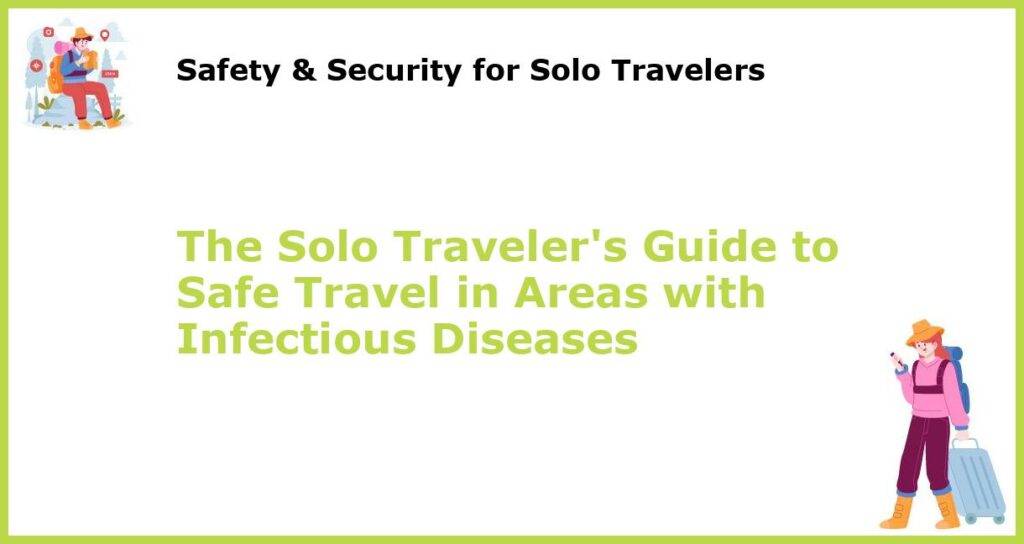Traveling solo can be a thrilling adventure, but it can also be daunting, especially when traveling to areas with infectious diseases. In this guide, we’ll provide you with essential tips for safe travel in regions where infectious diseases are prevalent. It is essential to be well-prepared before you embark on your solo journey to ensure a safe and enjoyable experience.
Know the Infectious Diseases of Your Destination

It is crucial to research infectious diseases prevalent in your destination country. You can check CDC’s website for information regarding outbreaks, vaccinations, and preventive measures for travelers. Plan ahead for vaccination since some vaccinations require several weeks to take effect. Visit your healthcare provider to get the required vaccines. Additionally, you may also need malaria prophylaxis medication if the area of your travel is endemic to malaria.
Prepare a Travel Kit

A travel kit for areas with infectious diseases should include essential items such as hand sanitizers, disinfectant wipes, face masks, and insect repellent. A first aid kit is also crucial, including items such as adhesive bandages, gauze, antiseptic ointment, and thermometer. Ensure you bring all necessary medications with you. It would help if you put everything in a small bag that you can carry with you at all times.
Choose Your Accommodation Carefully

Choosing your accommodation carefully while traveling solo to areas with infectious diseases is essential. Look for hotels or Airbnb rentals that have a good reputation for hygiene and clean facilities. Consider choosing a private room instead of shared dormitories. Also, ask the owner or the staff in the accommodation about any previous cases of infectious diseases and the preventive measures taken.
Be Careful with Your Food and Drinks

Food and drinks are common sources of infectious diseases. It is best to be cautious with what you eat and drink. Avoid street foods that are prepared in unsanitary conditions, and instead opt for reputable and sanitized eateries. Drink only bottled water or water that has been boiled or filtered. Be cautious with ice, as it may be made with contaminated water. Fruits and vegetables should be washed thoroughly before eating, and avoid eating raw or undercooked meat that can be carriers of numerous diseases.
Wash Your Hands Regularly

Washing your hands regularly with soap and water is vital in preventing infectious diseases, especially before eating or touching your face. Hand sanitizers are also a great alternative if soap and water are not available. Also, avoid touching your face or mouth to prevent contact with infected particles. Cover your cough or sneeze with a tissue or your elbow and correctly dispose of tissue once used.
Be Alert of Your Surroundings

Be cautious of your surroundings and avoid crowded places, especially during peak tourism seasons. Infectious diseases can easily spread at crowded places, so it’s best to avoid them when possible. Watch out for any symptoms of infectious diseases, including fever, cough, and diarrhea. If you experience any symptoms, seek medical attention immediately and notify your accommodation owner or staff.
Learn Basic Phrases in the Local Language

Learning basic phrases in the local language can be very helpful when traveling solo, especially in areas with infectious diseases. You can learn how to ask for directions to the nearest hospital, pharmacy, or clinic. You can also learn how to ask for help or notify someone if you experience any symptoms of infectious diseases. The locals will appreciate your effort and may be more willing to offer you help.
Use Reliable Transportation

When traveling solo in areas with infectious diseases, use reliable transportation, such as taxis or private cars. Public transportation can be crowded and may increase your risk of exposure to infectious diseases. If you have to use public transportation, wear a face mask, and avoid touching any surfaces as much as possible. Bring a disinfectant wipe to clean any surfaces you may have to touch.
Stay Connected with Your Loved Ones

Staying connected with your loved ones at home can be very helpful when traveling solo, especially in areas with infectious diseases. Update them about your whereabouts and let them know if you experience any symptoms of infectious diseases. Provide them with your accommodation details, travel itinerary, and emergency contacts. They can assist you in case of emergencies, and it can give you peace of mind knowing someone is looking out for you.
Be a Responsible Traveler

It is vital to be a responsible traveler when traveling solo in areas with infectious diseases. Follow local customs and laws, respect the culture, and be mindful of the environment. Avoid activities that may put you at risk or harm others, such as drinking too much alcohol or using drugs. As a traveler, you represent your country and yourself, so be aware of your actions and their consequences.








 You might also be interested in those articles related to solo traveling
You might also be interested in those articles related to solo traveling